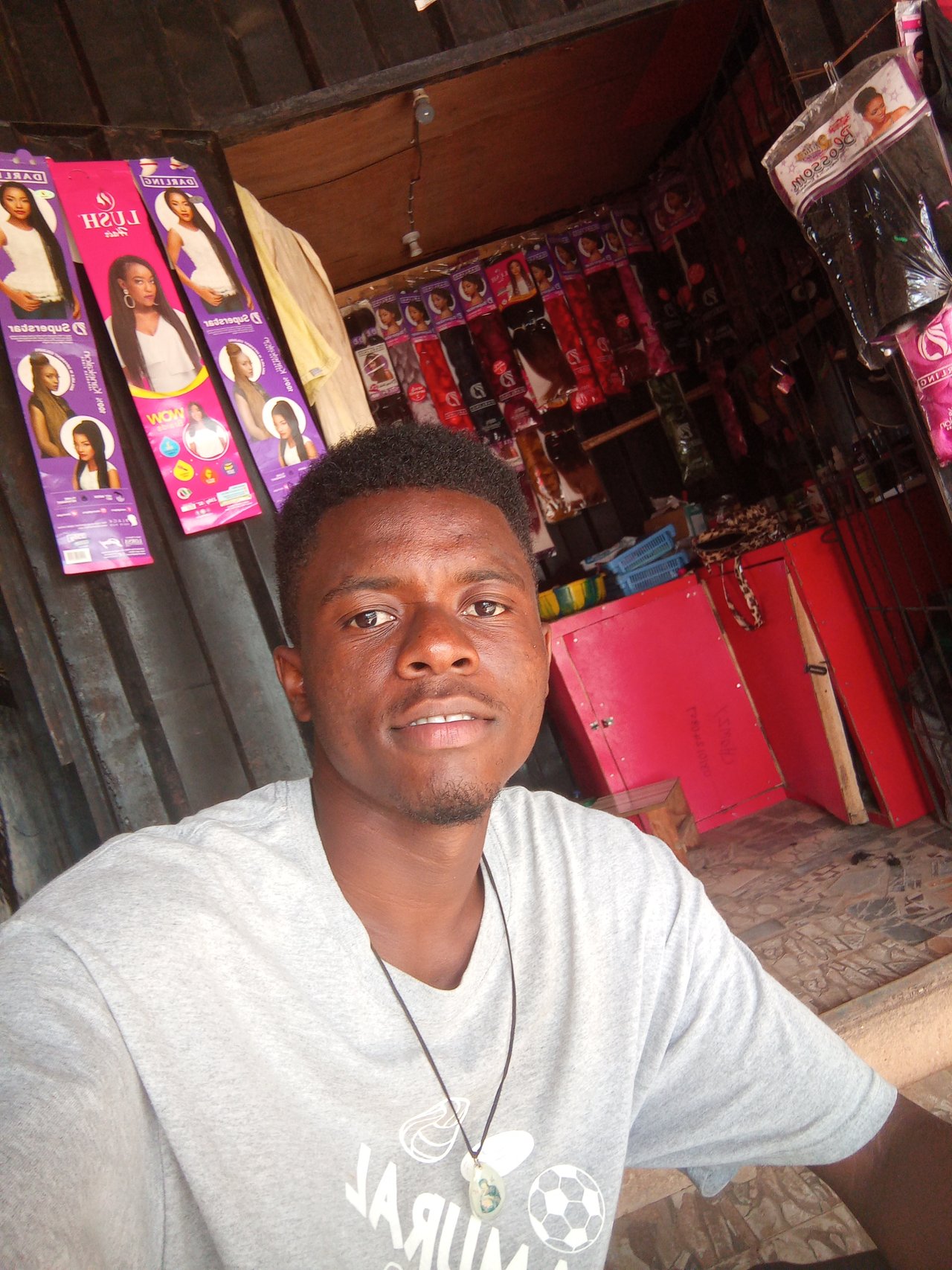 @ezeemmanuel
@ezeemmanuel
My young Nigerian friend @ezeemmanuel is a college student. He is studying to become a manager, I remembered.
He mainly posts pictures of himself and his family and friends. His sentences are short and emotional.
I often asked about Nigeria and the Nigerians he lives in, but he declined to comment directly.
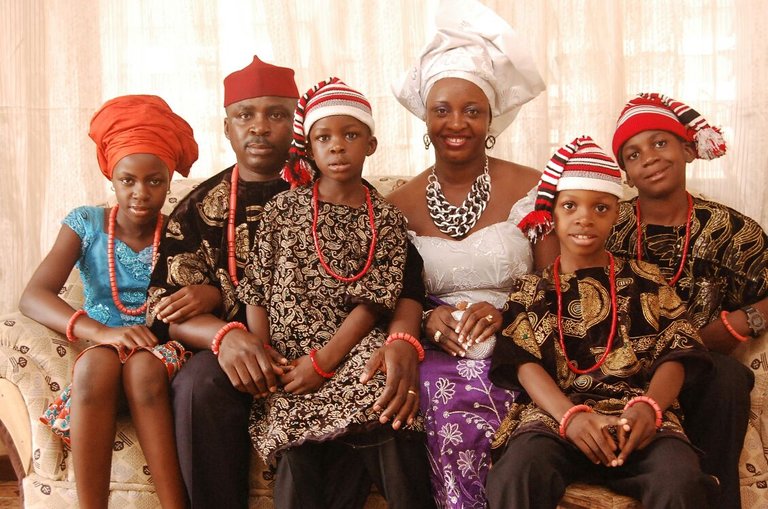 Igbo people
Igbo people
The Igbo people (English: /ˈiːboʊ/ EE-boh,[14][15] also US: /ˈɪɡboʊ/;[16][17] also spelled Ibo[18][19] and formerly also Iboe, Ebo, Eboe,[20] Eboans,[21] Heebo;[22] natively Ṇ́dị́ Ìgbò) are an ethnic group in Nigeria. They are majorly found in Abia, Anambra, Ebonyi, Enugu, and Imo States. A sizable Igbo population is also found in Delta and Rivers States.[23] Large ethnic Igbo populations are found in Cameroon,[24] Gabon, and Equatorial Guinea,[25][26] as well as outside Africa. There has been much speculation about the origins of the Igbo people, as it is unknown how exactly the group came to form.[27] Geographically, the Igbo homeland is divided into two unequal sections by the Niger River – an eastern (which is the larger of the two) and a western section.[28][29] The Igbo people are one of the largest ethnic groups in Africa.[30]
The Igbo language is a part of the Niger-Congo language family. It is divided into numerous regional dialects, and somewhat mutually intelligible with the larger "Igboid" cluster.[31] The Igbo homeland straddles the lower Niger River, east and south of the Edoid and Idomoid groups, and west of the Ibibioid (Cross River) cluster.
Before the period of British colonial rule in the 20th century, the Igbo were a politically fragmented group, with a number of centralized chiefdoms such as Nri, Aro Confederacy, Agbor and Onitsha.[32] Frederick Lugard introduced the Eze system of "warrant chiefs".[33] Unaffected by the Fulani War and the resulting spread of Islam in Nigeria in the 19th century, they became overwhelmingly Christian under colonization. In the wake of decolonisation, the Igbo developed a strong sense of ethnic identity.[34] During the Nigerian Civil War of 1967–1970, the Igbo territories seceded as the short-lived Republic of Biafra.[35] The Movement for the Actualization of the Sovereign State of Biafra and the Indigenous People of Biafra, two sectarian organizations formed after 1999, continue a non-violent struggle for an independent Igbo state.[36]
I guessed he and James were members of the Igbo people.
Nigeria was the most populous country in Africa. @ezeemmanuel said Nigeria is divided into nearly 200 tribes, each with different languages.
So, He said Nigerians could not communicate with each other.
It was a little surprising that he didn't tell me about the world and people he lived in.😯
Why is he avoiding telling me about Nigeria?

I stumbled upon a Nigerian woman @iskafan by chance.
She was Nigerian, but from @ezeemmanuel and another Hausa pulani tribes .
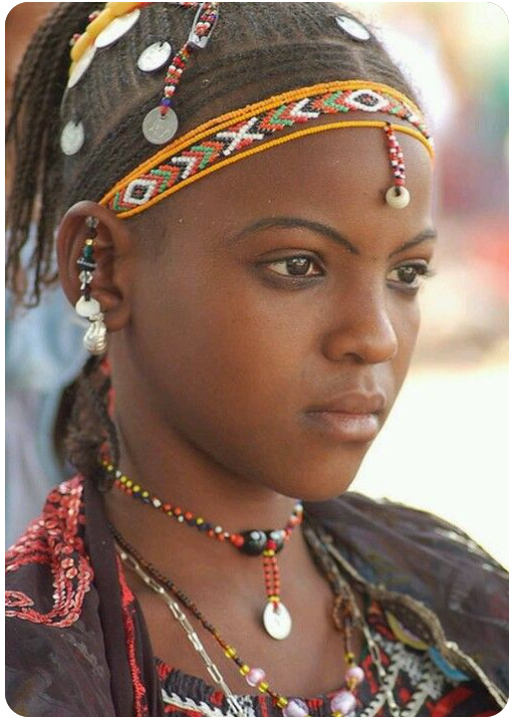
https://en.wikipedia.org/wiki/Hausa_people
The Hausa (autonyms for singular: Bahaushe (m), Bahaushiya (f); plural: Hausawa and general: Hausa;[20] exonyms: Ausa; Ajami: مُوْتَانَنْ هَوْسَ) are the largest ethnic group in West and Central Africa, who speak the Hausa language, the second most spoken language after Arabic in the Afro-Asiatic language family.[21][22] The Hausa are a diverse but culturally homogeneous people based primarily in the Sahelian and the sparse savanna areas of southern Niger and northern Nigeria respectively,[23] numbering over 80 million people with significant indigenized populations in Benin, Cameroon, Ivory Coast,[24] Chad, Sudan, Central African Republic,[25] Republic of the Congo,[26] Togo, Ghana,[27] Eritrea,[13] Equatorial Guinea,[28] Gabon, Senegal and the Gambia.
Predominantly Hausa-speaking communities are scattered throughout West Africa and on the traditional Hajj route north and east traversing the Sahara, with an especially large population in and around the town of Agadez.[29] Other Hausa have also moved to large coastal cities in the region such as Lagos, Port Harcourt, Accra, Abidjan, Banjul and Cotonou as well as to parts of North Africa such as Libya over the course of the last 500 years. The Hausa traditionally live in small villages as well as in precolonial towns and cities where they grow crops, raise livestock including cattle as well as engage in trade, both local and long distance across Africa. They speak the Hausa language, an Afro-Asiatic language of the Chadic group. The Hausa aristocracy had historically developed an equestrian based culture.[30] Still a status symbol of the traditional nobility in Hausa society, the horse still features in the Eid day celebrations, known as Ranar Sallah (in English: the Day of the Prayer).[31] Daura city is the cultural center of the Hausa people. The town predates all the other major Hausa towns in tradition and culture.[32]
https://en.wikipedia.org/wiki/Hausa%E2%80%93Fulani
Hausa–Fulani are people of mixed Hausa and Fulani origin. They are primarily found in the Northern region of Nigeria, most of whom speak a variant of Hausa or Fula or both as their first language.
While some Fulani claim Semitic origins, Hausas are indigenous to West Africa.[1] This suggests that the processes of "Hausaization" in the western Sudan region was probably both cultural and genetic.[2] The Hausa-Fulani identity came into being as a direct result of the migration of Fulani people to Hausaland around the 14th century and their cultural assimilation into the Hausa society. At the beginning of the 19th century, Sheikh Usman dan Fodio led a successful jihad against the Hausa Kingdoms founding a centralized Fulani Empire (anglicized as the Sokoto Caliphate). After the jihad, Dan Fodio encouraged intermarriage between the immigrant Fulani and the conquered Hausa states and locals mainly other Hausa people; in addition, Jobawa, Dambazawa and Sullubawa Fulani clans originating in Futa Tooro migrated to the region and intermarried with the local urban mainly Hausa elite, and were a major factor in the linguistic, cultural and ethnic mixing of the Hausa-Fulani people. As result of this assimilation, Hausa-Fulani form the core and vast majority of the populations of Daura, Zamfara, Kano, Katsina, Zazzau, and Sokoto.
Hausa-Fulanis primarily speak variants of Hausa which form a dialect continuum of more-or-less mutually intelligible regional varieties. Hausa is spoken by over 100 to 150 million people across Africa, making it the most spoken Indigenous African language and the 11th most spoken language in the world.[3] Since the Trans-Saharan trade, Hausa is used as a lingua franca spanning from Agadez deep in the Sahara Desert of Niger to Northern Nigeria, and has many loanwords from Arabic. For centuries, it utilized an Ajami script which served as the basis of the language scholarly tradition. The script was replaced with the Latin orthography of the Boko alphabets, after the British conquered the Sokoto Caliphate.
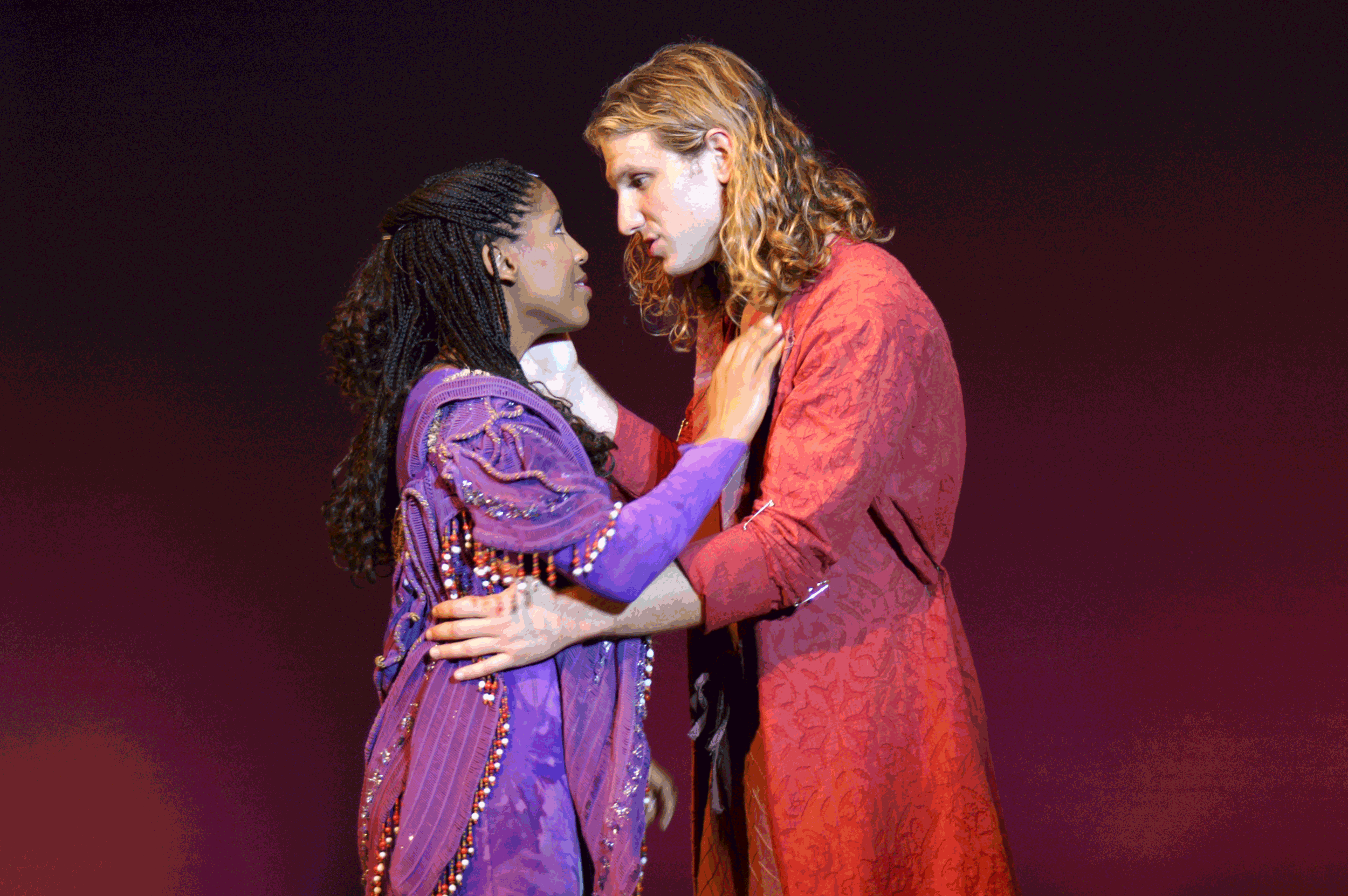
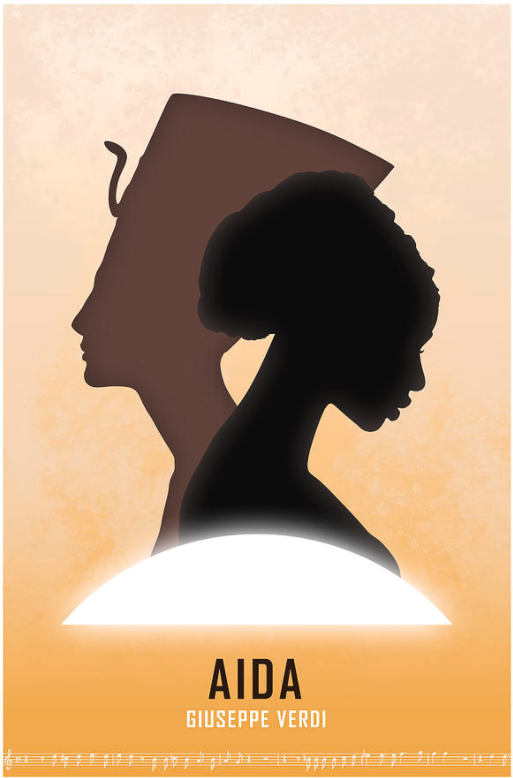
I got interested in @iskafan because I read articles by @ezeemmanuel and James and was amazed by the beauty and sexuality of black women in Nigeria.😄
Certainly @iskafan felt more worldly and attractive than the two young Nigerian men!
James and @ezeemmanuel still felt like innocent boys who didn't know love and sex, while she seemed to know and experience it all! 😌
Compared to the still playful boy @ezeemmanuel, she was a mature woman with a sense of sensuality and desire!
@iskafan seemed to be well aware of the desires of men.😯
https://peakd.com/hive-167922/@iskafan/how-does-borrowing-money-affect-you
The articles she writes certainly reveal a remarkable ability to observe and analyze the world and the human form.
Compared to @ezeemmanuel, she seemed to have more experience with the world and people, love and sex, and had great literary ability.
However, similar to @ezeemmanuel, she seemed to circumvent Nigeria and indirectly references to Nigerians!
She seemed to enjoy the act of describing her experiences while traveling outside of Nigeria!
It is difficult for me to write more sentences because of my imperfect English conversational skills!
@iskafan was a brilliant writer, but equal to @ezeemmanuel in her act of avoiding direct narratives about Nigeria!
Why do they avoid talking directly to me about Nigeria?
Hahaha, first, I am not a Fulani lady, if you have seen my recent post, I am currently going through a language barrier because of the different people I have met, and the different languages in Nigerian.
No, we do not directly avoid questions about Nigeria because we want to. It's only because the world has painted us as bad people, probably, as a result of the experiences they had in the hands of our predecessors
It's nice of you to bring us up in this manner. I appreciate all of your kind words towards us, and a sincere desire to know more about us. ❤️
Dear @iskafan, Then Are you a lady of the Hausa tribe? I hope you are not offended by my poor English.😅
I hope you forgive my misunderstanding.
I never said that Nigerians are bad. I felt that my friends seemed to avoid direct explanations about Nigeria and Nigerians.
My friends @ezemmanuel and James still haven't said which tribe they belong to.
So, I felt Nigerians avoid talking about their world and their tribes.
I appreciate your generous and kind reply.
After all, you are an attractive lady who can understand and accept men's desires.😍
Haha, I already told you I am an Akwa Ibomite. They call us, Calabar, generally.
I completely understand. There is no problem.
Hahaha, why do you always mention the last part, @goldgrifin007?
Sorry for my lost memories! I was surprised to learn that there are over 200 tribes and languages in Nigeria.
https://en.wikipedia.org/wiki/Akwa_Ibom_State
Wow, I first learned that the Akwa Ibomite were a tribe living on the southern coast of Nigeria.
I guess you are a different tribe than @ezeemmanuel.
I was relieved by your generosity.😄
What do you mean?
This part 👇👇👇
Dear @iskafan , I guess you are an attractive woman who can understand the nature of men's desires for women.😌
Perhaps you are a mature woman who can understand the purpose of men approaching women.
Maybe my awkward English offended you? 😅
Hahaha, it wasn't offensive.. lol. You just kept repeating it so much that I started checking myself 😂😂
I will say maybe this is the only way we Nigerians are being appreciated worldwide-when we express whatever we felt inside and outside of us through this medium. Maybe only then can the world see through us that we are still in some part of goodness ( let's say we are good nigerians/there are still many good nigerians here).
Information grows quick and goes far as it occurs when fuel is being added to a furnace. Thus, bro @goldgrifin007 , it's not all about hiding from telling you whom we are but, it's all about what the world has to say about us through what our past and present brethren has done.
Dear @ezeemmanuel , I mainly understand foreigners and their world through film, song, music, literature, art, and history.
So, I have a hard time understanding your argument.😅
Dear my young brother, I will try to understand your argument!😂
Hahahaha... Who's arguing here?
Dear @ezeemmanuel , Perhaps you don't understand the desires of men.😆
Hahahaha... Who's arguing here?
Congratulations @goldgrifin007! You have completed the following achievement on the Hive blockchain and have been rewarded with new badge(s):
Your next target is to reach 80 posts.
You can view your badges on your board and compare yourself to others in the Ranking
If you no longer want to receive notifications, reply to this comment with the word
STOPTo support your work, I also upvoted your post!
Check out the last post from @hivebuzz:
You seem to have a lot of interest in Nigeria. You are invited to the country... It's a good place with great people, only that we are yet to get effective leadership right.